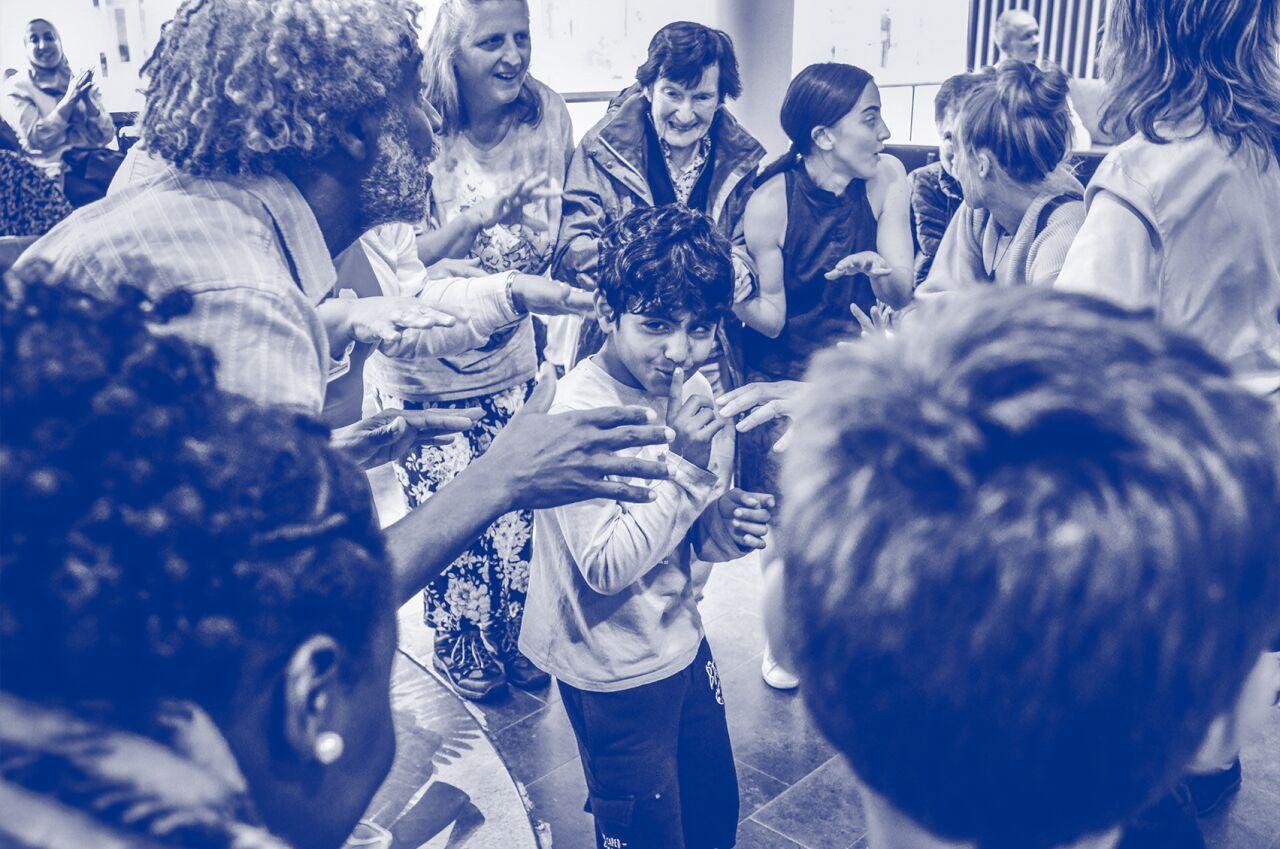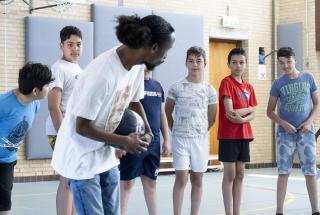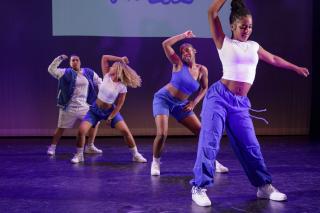On January 12, 2026, we will launch a new scheme: Co-creation – Communities. This scheme supports (intangible) heritage projects developed and carried out by or in collaboration with communities. The projects must therefore be prepared, planned, and implemented by or together with a community. And the projects must make a positive contribution to a societal challenge.
There are two types of grants:
- Paragraph 1: from €1,000 to €25,000 (annual budget: €875,000)
- Paragraph 2: from €25,001 to €50,000 (annual budget: €1,070,000)
Who can apply?
- Communities of at least three people who have signed a cooperation agreement (grants up to €25.000)
- Cultural institutions established in the Kingdom of the Netherlands (amounts up to €50.000)
- Professionals in the cultural sector (amounts up to €25.000)
When will the scheme open and when will more information be available?
The scheme will open for applications on Monday, January 12, 2026, at 1:00 PM (Netherlands) and 7:00 AM (Caribbean part of the Kingdom). Applications will generally be accepted until August 31, 2028, at 1:00 PM in the Netherlands and 7:00 AM in the Caribbean part of the Kingdom. If an annual budget is used up earlier, the scheme will close temporarily.
We will be holding an information session at the end of November. As soon as the date is finalized, you will find it on our website (in the calendar). We expect the scheme to be available on our website early December. From that date onwards, you can also contact our advisors and schedule a consultation call.
Questions and answers
As far as the Fund is concerned, a community is a group of people who feel connected by a shared culture, interests, origin or background. A group that shares customs, traditions, and rituals, or works together to keep (intangible) heritage alive. For example by gathering or sharing knowledge about a shared past and its impact on the present.
Members of a community trust each other, collaborate naturally, and share knowledge and experience. A community doesn't have to be formally organized or long-standing. A community can, for example, be based on (or consist of) an ethnic group, a subculture, a regional group, or a heritage community.
The Fund regards (intangible) heritage as either new or historical cultural expressions that practitioners themselves recognize as heritage. They derive a sense of identity from the heritage and experience the value of passing it on. Heritage develops and adapts under the influence of social change and the environment. It is not necessary for others to recognize the heritage, and it does not need to be included on a formal list.
A social challenge is a complex issue or challenge in society. Such challenges cannot be solved by a single person, organization, or sector — they require collaboration. Projects can contribute to the solution, from local and regional to international levels. Examples of social challenges include climate change and energy transition, the aging of our population, (the lack of) social cohesion and safe living environments, or digital transformation. A contribution to a social challenge can also be small or start small. A project with your neighbors already contributes to social cohesion.
By a cultural institution, the Fund means a legal entity active in the cultural sector and registered as such with the Chamber of Commerce or a similar organization. It can also be a "small" foundation or association with a cultural or heritage purpose. For example, a choir or an association of flower parade float builders. This definition is explicitly not limited to theaters, archives, producers, or museums.
The Fund for Cultural Participation has three program lines for the 2025–2028 policy period: Amateur Arts, Cultural Education, and Co-creation. Each program line has multi-year regulations (for a strong foundation), project subsidies (focused on growth and development), and open calls (flexible, innovative, and timely). Through the Co-creation program line, the Fund supports organizations, professionals, and communities that invest in building connections and fostering collaboration in cultural participation.



